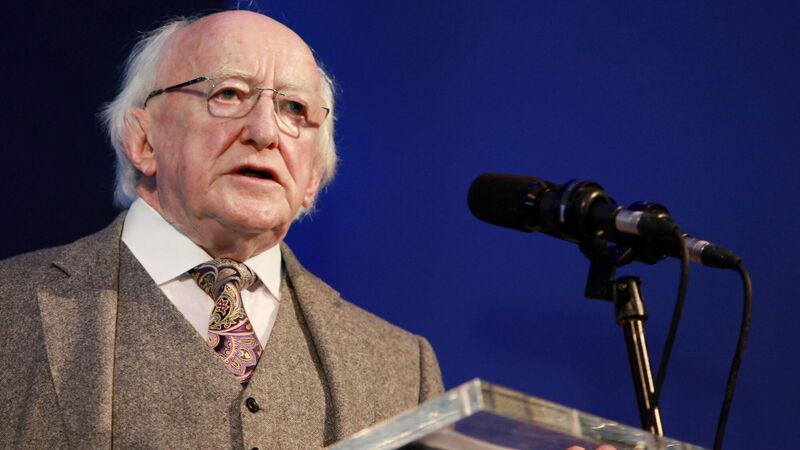Explainer: What are the powers — and limits — of the President?

President Michael D Higgins described the housing situation in Ireland as a 'disaster'.
President Michael D Higgins has hit out at the Government’s Consultative Forum on International Security which will explore Ireland’s neutrality.
President Higgins has said that Ireland is "playing with fire" during a dangerous period of "drift" in foreign policy.










